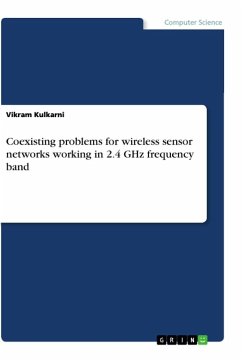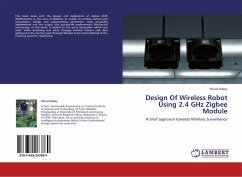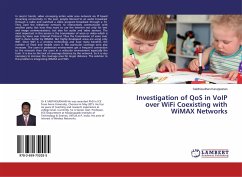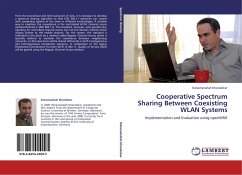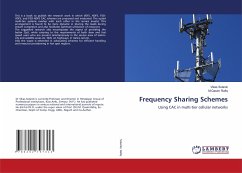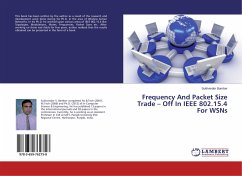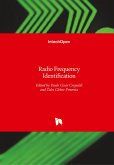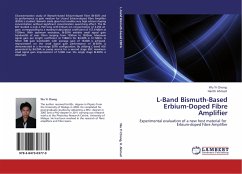Document from the year 2019 in the subject Computer Science - Internet, New Technologies, , course: Wireless Sensor Networks, Home Area Networks, language: English, abstract: The objectives of this research are: To propose a scheme to estimate the future interference and enable efficient channel switching mechanism to avoid interference for Wireless Sensor Network (WSN) as per the latency requirements specified by Smart Grid (SG). To propose an algorithm for efficient data recovery mechanism so that ZigBee devices can quickly familiarize with the encoding according to the highly dynamic WiFi traffic. To propose an efficient frequency shifting mechanism for different frame sizes of data under interference conditions to guarantee the reliable data transmission within the delay requirements of the SG. To propose an effective mechanism to guarantee the ZigBee communications within the maximum tolerable delay under the coexistence of WiFi for carrying out effective smart home solutions. To propose an algorithm based on effective transmission power control to increase WSN life time under coexistence scenarios for efficient monitoring and controlling purposes at smart homes. With the introduction of Information and Data-Communication Technology (ICT) to the present electrical power systems, the traditional electrical-grid system is becoming more intelligent and adaptive. The ICT successfully establishes bi-directional communication between Utility companies and the consumer for improving the generation and utilization of power. Wireless Sensor Network (WSN) is efficiently utilized by wide-ranging Smart Grid (SG) applications. Despite many advantages, WSN faces a challenge of avoiding interference experiencing from other coexisting wireless technologies working in the 2.4GHz unlicensed frequency band. Providing support for WSN in terms of avoiding interference is a very challenging issue due to the dynamic wireless communication environment and extremely limited resources. In the present thesis, the problem of interference experienced by WSN in 2.4GHz has been investigated. The challenges, limitations and requirements for avoiding the interference for WSN working in the vicinity of other technologies like WiFi and Bluetooth have been identified. As a result of the literature survey carried out, it was identified that proper channel se-lection and channel prioritization for WSNs working in the coexisting environment had not been adequately developed till then. Hence, there was a requirement for addressing these issues. The proposed schemes in this thesis are based on simulation results obtained.
Hinweis: Dieser Artikel kann nur an eine deutsche Lieferadresse ausgeliefert werden.
Hinweis: Dieser Artikel kann nur an eine deutsche Lieferadresse ausgeliefert werden.

